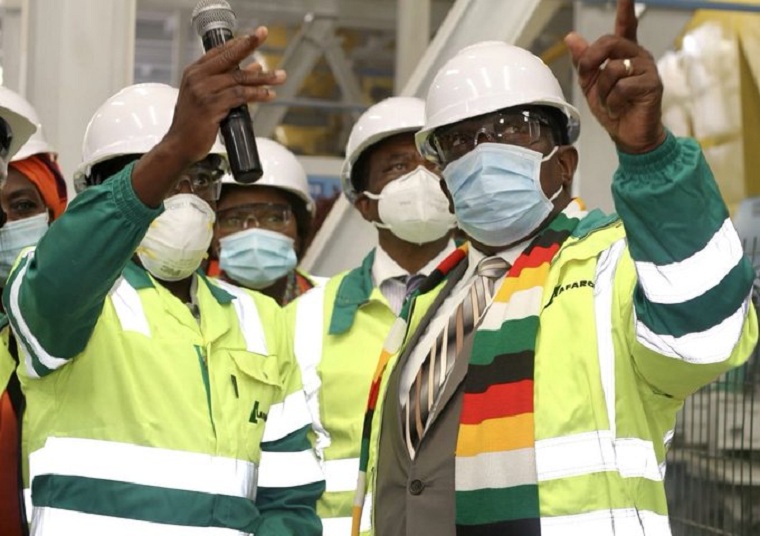His apparition even uttering our war slogans! After spirited reassurances from the “ghost”, we regained our composure and realised Cde Urimbo had survived the deadly air raid.
Not so for his unlucky hat.
It had been blown off his head in mid-flight, landing in Mudzingadzi’s swift waters. It never came back to rejoin us right up to the war end!
Policies hewn out of hardships of Struggle
Mudzingadzi Camp was more than a military affair.
It had a large, makeshift hospital which housed our sick and war injured.
We called them “madhwende”, in war parlance. The late Dr Herbert Ushewokunze led a handful of doctors in tending to our sick and injured back to wellness, of course as could be.
His team included the late Dr Muchemwa, the late Dr Gwata, and Dr Sydney Sekeramayi, who is still with us.
This inventive medical corps, assisted by several medics trained in the fog of a brutal war, saved many lives, saved thousands of limbs.
Mudzingadzi Camp, too, was the headquarters of our Production Department, which was headed by the late William Ndangana.
Cde Ndangana was my colleague in the famous Crocodile Gang which marked our shift to armed, confrontational politics in our fight against settler colonialism.
The Production Department had other notables who included the late Cde Ndodahondo and the late Cde Makasha.
All survived the war, only to pass on severally in the early part of our Independence.
The Production Department was a creature of necessity. By mid 1970s, the flow of young Zimbabweans crossing into Mozambique to join the Armed Liberation Struggle grew into a deluge.
Our camps swelled, soon to be overwhelmed.
Food became scarce; clothing was bare; above all, outbreaks of deadly diseases were quite frequent, claiming many lives in those congested camps full of fighters, recruits and refugees who barely ate enough.
It was in those heartbreaking circumstances that we conceived the idea of a Production Department so we could meet ZANLA’s food and nutritional requirements.
Before then, ZANLA had survived on donations from the OAU which would be routed through the Liberation Committee of Frontline States, and from other well-wishers worldwide.
At the time, our supplies were fairly adequate as ZANLA’s numbers, though large and steadily growing, were still manageable.
Continued next page
(682 VIEWS)


